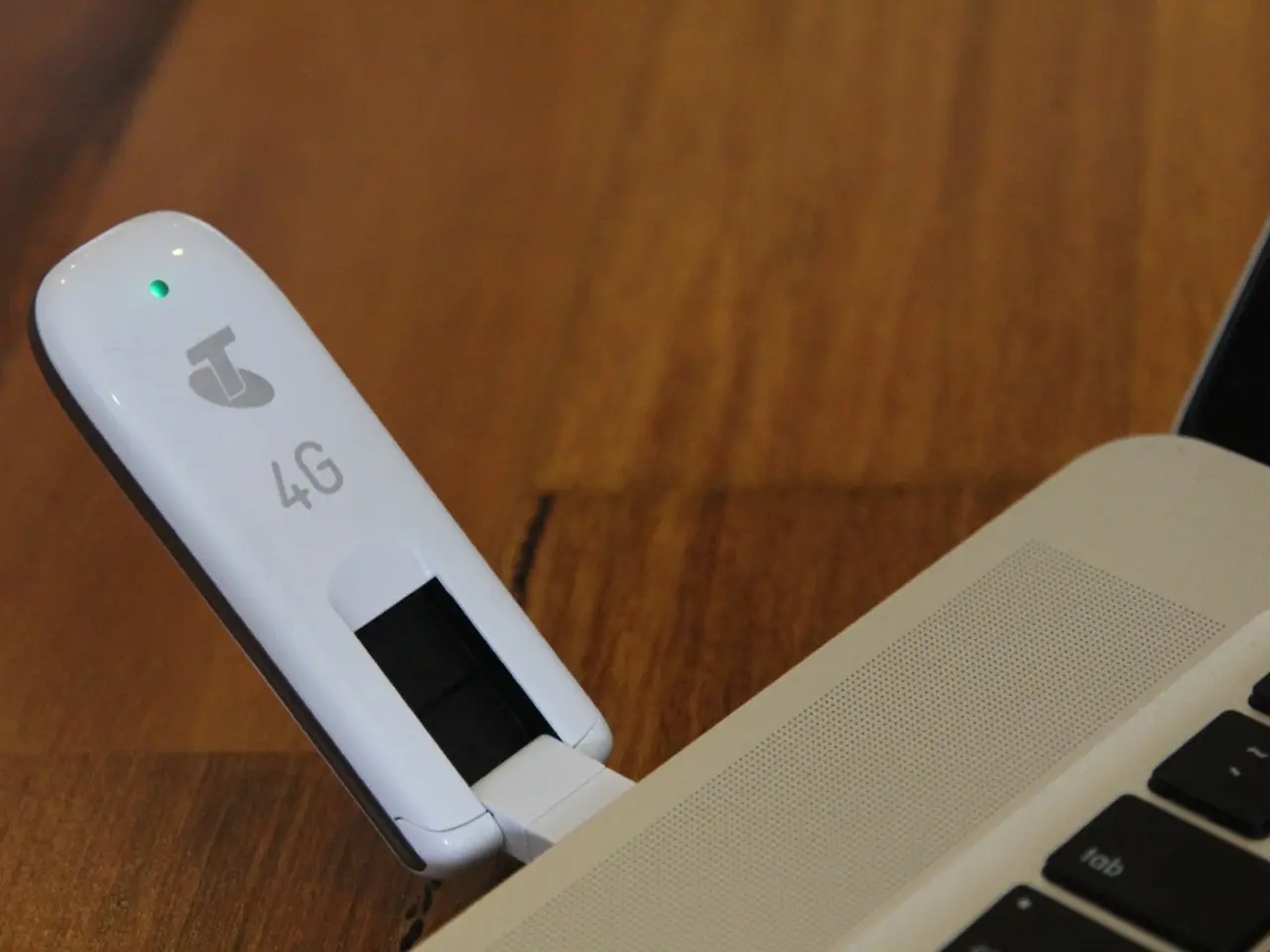Future prospects for the personal computer industry
In the competitive landscape of technology, PC manufacturers are adapting to the challenges posed by the mobile revolution by embracing artificial intelligence (AI) capabilities. This shift is aimed at creating more powerful, productive, and secure computers that cater to the evolving needs of consumers and businesses.
The year 2013 saw Lenovo reporting its most profitable quarter ever, with a 34% year-on-year profit increase and a 12% sales growth. This success was partly due to Lenovo's mobile sales in China, which rose 77% to $998 million in the latest quarter. Lenovo has also succeeded in branching out into new form factors such as tablets and smartphones.
The decline in PC sales, however, is attributed to the mobile revolution, with smartphones and tablets captivating consumers. This shift has led to a lack of compelling reasons to upgrade PCs, as there has been a lack of desktop applications requiring more effective performance. Cloud computing and virtualisation have further reduced the need for PC upgrades, as applications can grow in complexity and functionality without requiring extra processing power or an operating system upgrade on the end user's device.
In response to these challenges, PC manufacturers are focusing on AI-capable PCs. These devices embed neural processing units (NPUs) designed to handle local AI workloads for faster and more secure productivity. According to predictions, over 50% of new shipments will be AI-capable by 2026, and this figure is expected to rise to over 75% by 2028. These PCs support agentic AI that automates common tasks like email drafting and calendar management, increasing user productivity substantially.
Manufacturers are also leveraging their traditional product strengths, such as high-quality motherboards, graphics cards, and notebooks with appealing thermal designs and aesthetics. For example, MSI has seen record quantities of shipments and offers flagship-quality models with strong value propositions.
Cautious, gradual AI enterprise integration is another key strategy. Manufacturers are developing AI platforms like Nvidia MGX servers and proprietary supercomputers but are rolling out these solutions slowly to avoid overextending.
Partnerships with silicon suppliers, such as AMD, also contribute to commercial growth. Notably, significant sales increases in commercial PCs built on AMD Ryzen processors have been reported, particularly via Dell.
The PC market can be divided into two segments: the commodity Wintel laptop and desktop market, and the high-end market typified by Apple. The reliability of PC hardware and the effectiveness of older versions of Windows operating systems, such as Windows XP, are factors contributing to the lack of new PC purchases.
Lenovo, for instance, plans to divide its business into two units: one for mainstream commercial devices and another for premium devices, using the 'Think' brand. Lenovo's CEO, Yang Yuanqing, aims to intensify competition with Apple by giving full play to the potential of the two brands in their respective market segments.
The decline in sales has intensified price competition in the PC market. In 2012, Dell's PC shipments dropped 20%, leaving it with a 10% share of the market. This decline was so severe that Gartner's Ranjit Atwal suggested that Dell may need to give up on the PC business and instead drastically reposition itself as an infrastructure vendor to survive.
IBM's decision to sell its PC unit still looks supremely canny, as the PC business is seen as a business with low margins and high volumes. However, manufacturers are focusing more on innovation and differentiation rather than volume expansion alone, with IDC forecasting only modest sub-1% growth annually through 2029 for traditional PC markets.
In conclusion, PC manufacturers are adapting to the mobile revolution challenge by embracing AI capabilities to create more powerful, productive, and secure PCs, refining premium hardware offerings, cautiously investing in enterprise AI infrastructure, and collaborating with key chip vendors to drive market demand.
Businesses and PC manufacturers are recognizing the transformative impact of technology in the finance sector. To maintain competitiveness, they are integrating AI capabilities into their products, with a focus on creating AI-capable PCs that increase user productivity and security. This strategy is expected to drive growth in the PC market, as over 75% of new shipments are projected to be AI-capable by 2028. Meanwhile, manufacturers are also reinforcing their traditional strengths, such as high-quality motherboards, graphics cards, and aesthetic notebook designs, to meet evolving business needs.




